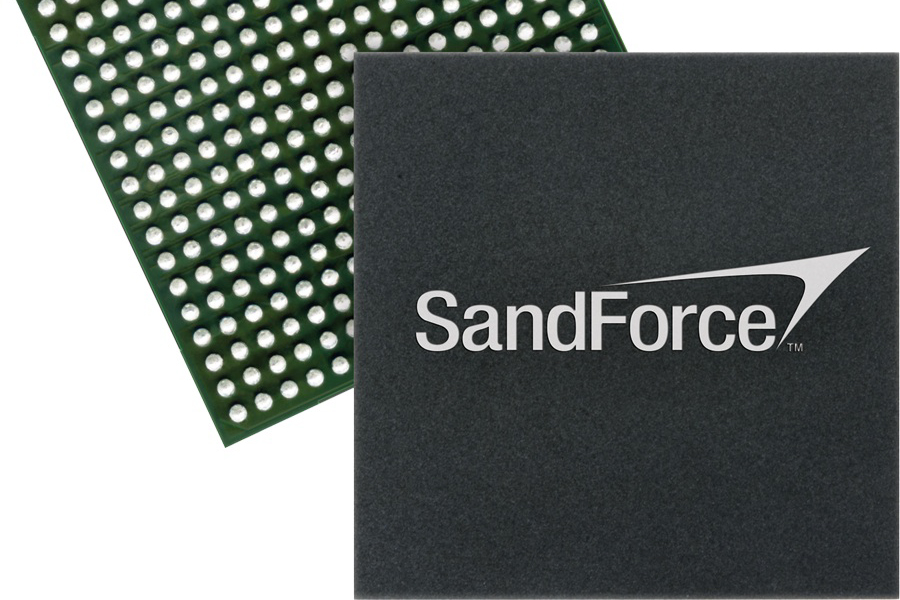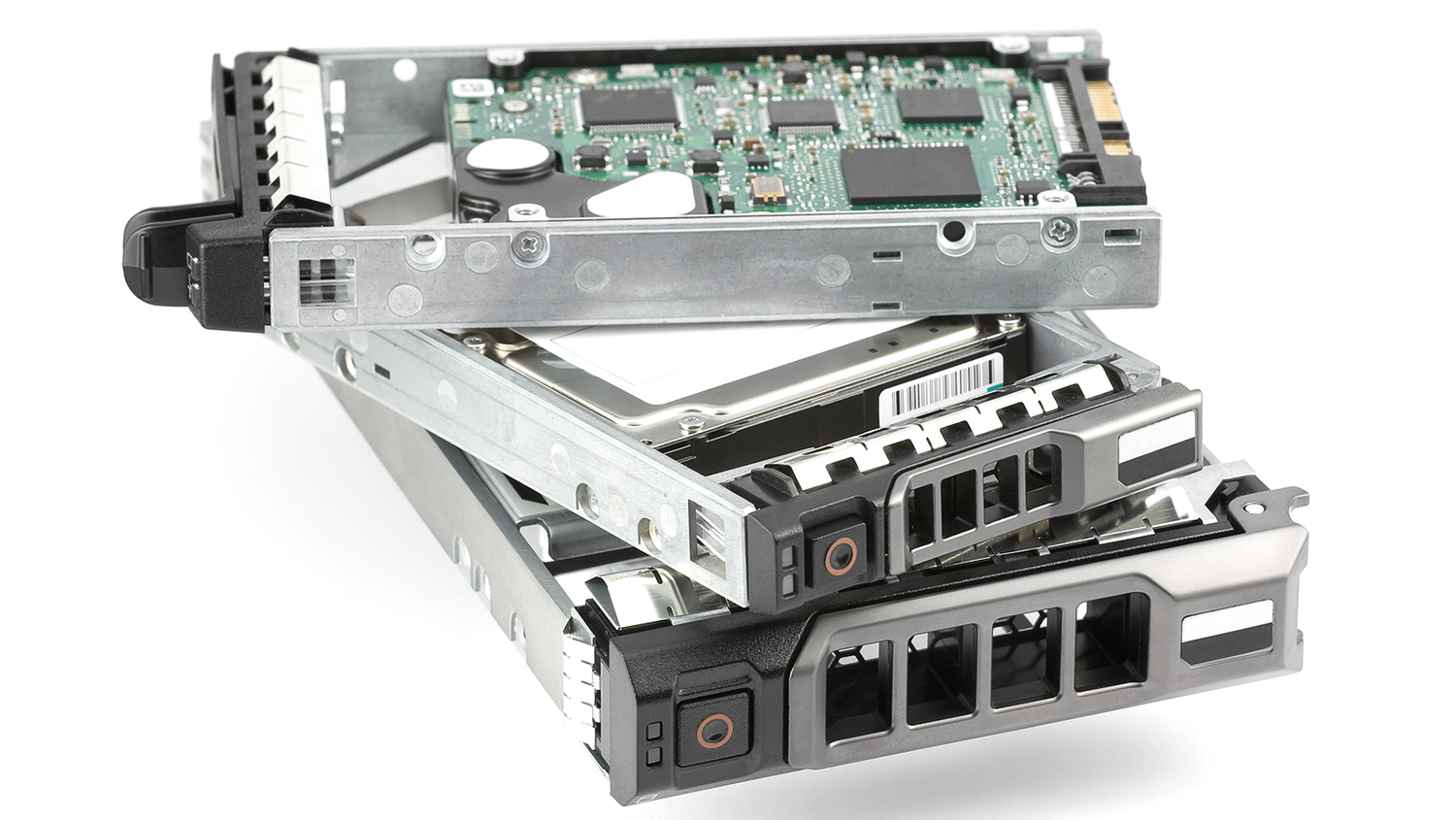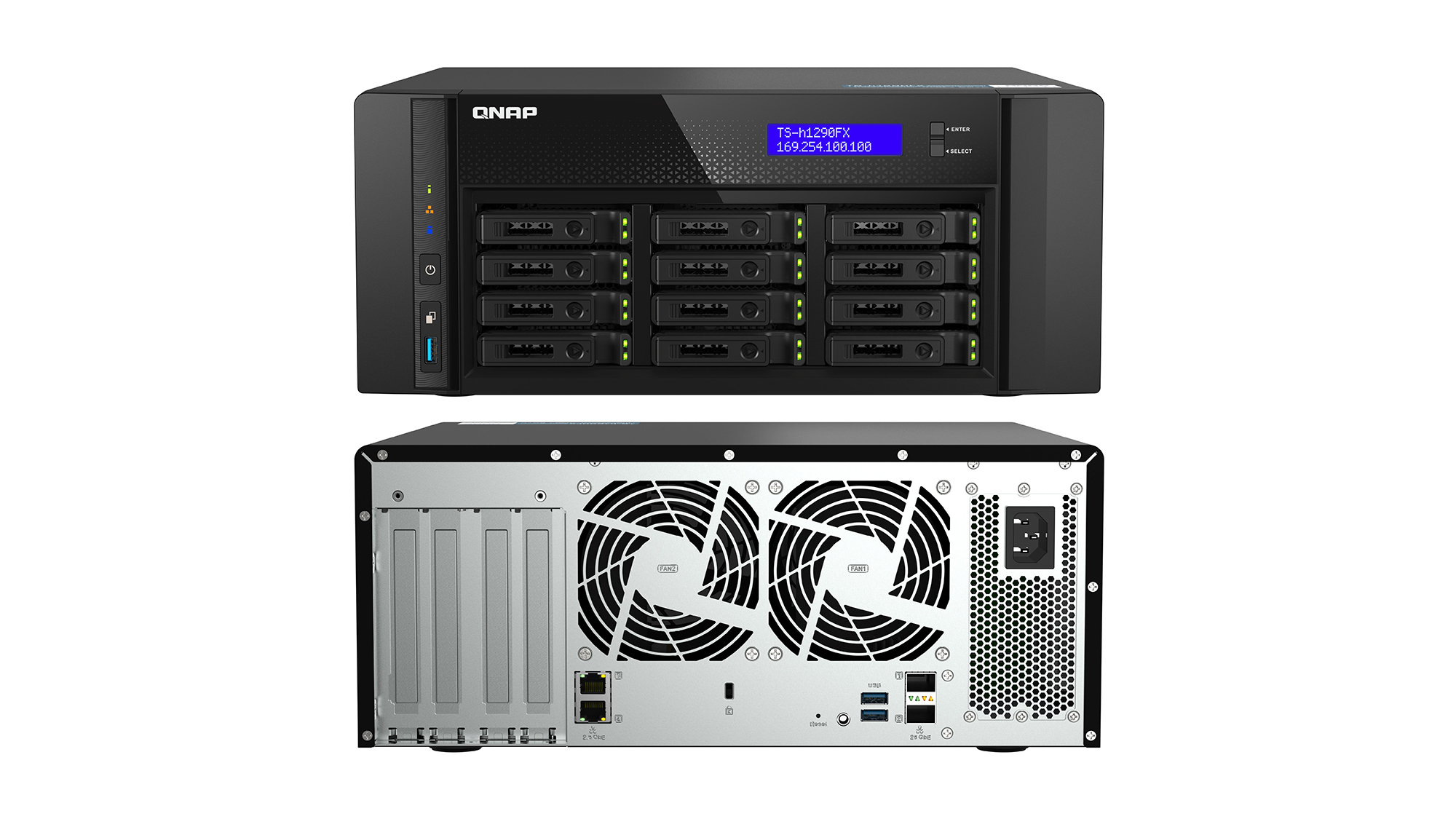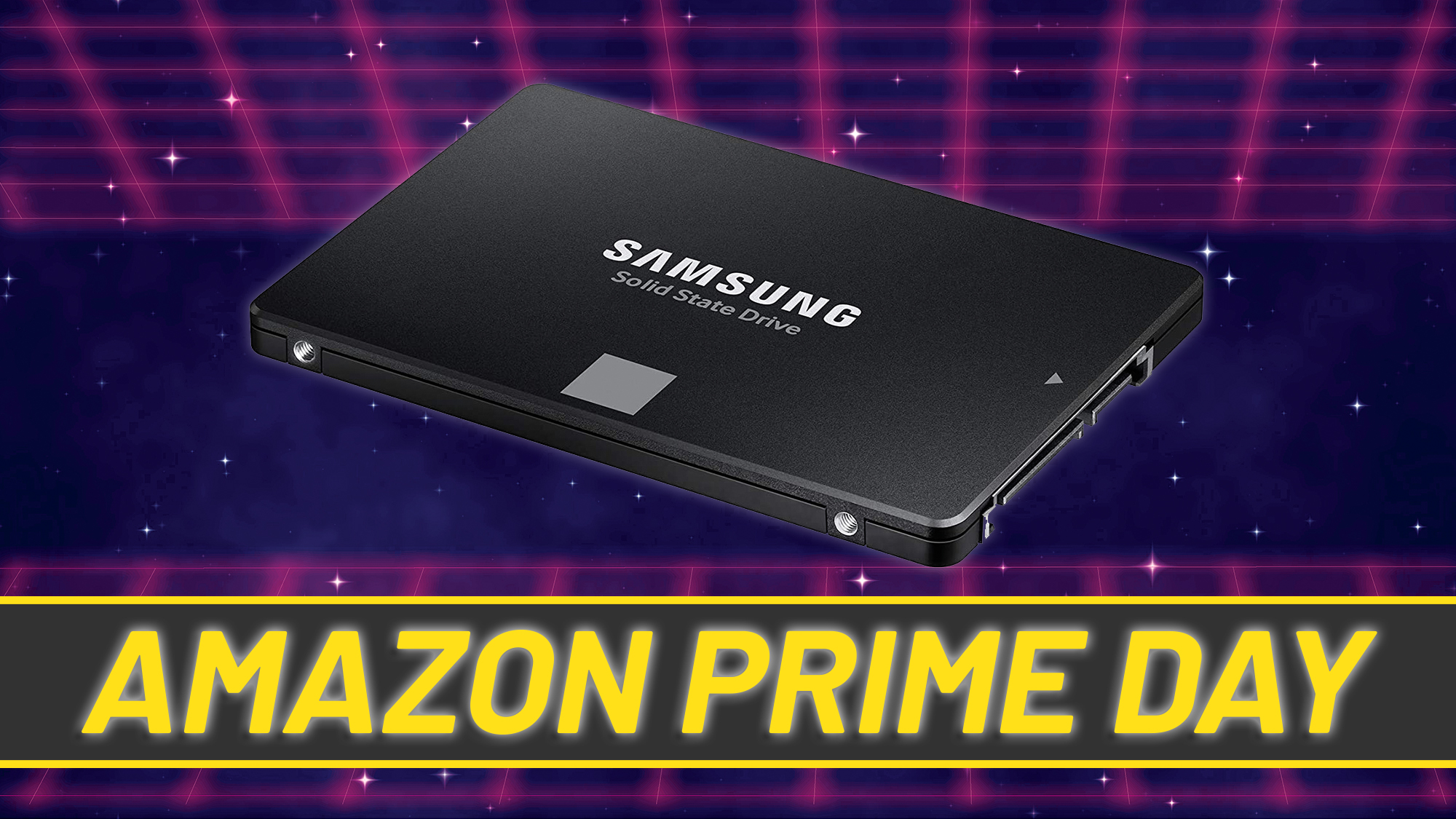Top 10 tips for buying an enterprise SSD
3. Reliability
Given the relatively recent arrival of SSDs, there have been questions over long term reliability, especially when compared to hard drives.
When it comes to the longevity of SSDs two factors need consideration - the reliability of the NAND memory chips and the controller chip.
NAND flash memory production is a mature technology and semiconductor giants such as Intel, Samsung and Toshiba have all honed their skills over the years in producing reliable chips. However, the SSD controller is of much greater importance when it comes to reliability.
Intel used to design and build its own SSD controller chips, which were highly regarded for their reliability. However, in recent generations the firm has moved away from its own SSD controller chips and started using third parties such as SandForce.
SandForce has recently been acquired by LSI, a long established storage vendor, giving the brand some enterprise credibility. Whilst SandForce did encounter problems with its first mass-market controller, the SandForce 2000, the firm has moved on and its controllers are found in Intel's latest 520-Series SSDs further suggesting the firm's troubles are behind it.

4. Warranty
SSDs typically come with three year warranties, which are comparable to those provided by hard drive manufacturers. Intel has taken the lead by providing five year warranties on its two consumer-orientated SSD ranges.
It is always good to have extra coverage for future replacements, but the frantic pace of SSD development means that in three years time it is highly likely users will want to upgrade to faster and larger drives.
Sign up today and you will receive a free copy of our Future Focus 2025 report - the leading guidance on AI, cybersecurity and other IT challenges as per 700+ senior executives
Currently, the warranty period offered by manufacturers has little correlation with the endurance of the NAND flash chips, making it a relatively useless indicator of long-term reliability.
It is far more prudent at this stage to base a buying decision on underlying reliability. It is best not be an early adopter and wait a few months for SSD manufacturers to iron out any SSD controller firmware bugs that may exist.
It should also be remembered that warranties do not protect against drive failure and that users should always backup content.
-
 Cyber-resilient data storage for everyone
Cyber-resilient data storage for everyoneWhitepaper Improve cyber resilience and optimize performance
-
 Sustainability is more than a flash-in-the-pan topic for the data storage industry
Sustainability is more than a flash-in-the-pan topic for the data storage industryAnalysis Rising energy costs and concerns over the environmental impact of data centers are prompting a shift away from power-hungry disk drives
-
 Pure Storage’s FlashArray//E launch offers “multi-year advantage” with performance and energy efficiency boosts
Pure Storage’s FlashArray//E launch offers “multi-year advantage” with performance and energy efficiency boostsNews The FlashArray lead at Pure Storage, said the launch will act as a “key differentiator” for the company in the storage space
-
 Why the floppy disk may never die
Why the floppy disk may never dieIn-depth The age-old floppy disk storage medium is still in demand despite continued attempts to kill it
-
 10 things to consider when buying an external hard disk-based storage device
10 things to consider when buying an external hard disk-based storage deviceIn-depth Find the right storage solution for you with this handy guide
-

 Qnap TS-h1290FX review: Flashy desktop storage
Qnap TS-h1290FX review: Flashy desktop storageReviews A sleek and affordable desktop NVMe all-Flash array that delivers great 25GbE performance
-
 Intel kills off Optane Memory business with $559m loss
Intel kills off Optane Memory business with $559m lossNews Optane is now one of six divisions the company has ended under Gelsinger's leadership
-
 The best Amazon Prime Day storage deals: Extra capacity at rock-bottom prices
The best Amazon Prime Day storage deals: Extra capacity at rock-bottom pricesBest Add some extra headroom to your disk space

